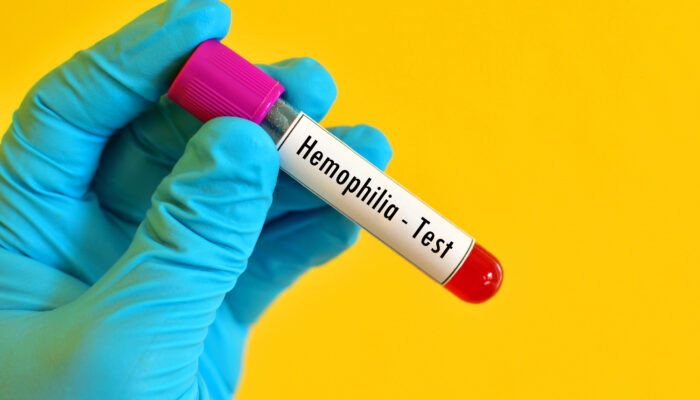
Foods to Soothe Asthma and Allergies
Asthma is a chronic disease that makes it very difficult to breathe by blocking the airway to your lungs. Living with asthma, being exposed to elements like pollens or changes in the weather could trigger an asthma attack as they are common asthma triggers. If you experience tightening in your chest, trouble breathing, and wheezing, talk to your doctor about possibly having asthma. However, there are some dietary changes you may want to consider to help manage asthma or allergy symptoms:
1. Anti-inflammatory
There are some foods that are known to be excellent anti-inflammatory diets for asthma. Particularly fruits and vegetables can be great at helping prevent inflammation, which can prevent asthma symptoms. Another great anti-inflammatory is Omega-3, commonly found in fish.
2. Vitamin D
In regards to kids, Vitamin D may reduce asthma symptoms. You could add things like Salmon, milk, eggs, and oranges to their diet. It is imperative to make sure the child is not allergic to any of these foods. If you have any dairy allergy and asthma, you will want to be very cautious regarding milk or eggs. In some cases, an allergic reaction can appear as asthma.
3. Magnesium
It is believed that low magnesium levels could play a role in respiratory issues with some children. You can add more magnesium to your diet by eating foods such as spinach, pumpkin seeds, dark chocolate, and Salmon.
4. Foods to avoid with asthma or allergies
Some foods could actually worsen your asthma symptoms, like sulfites, gassy foods, salicylates, or ones with artificial ingredients. For example, wine, dried fruit, picked fruit, shrimp, beans, cabbage, carbonated drinks, and fried foods can all trigger your symptoms.
5. Quercetin
This chemical that is naturally derived from plants can work as an antihistamine, which can help combat your allergies. You can find quercetin in foods like onions, pepper, and parsley.
6. Vitamin C
Eating vitamin C could help curb your allergies. You could add vitamin C by eating fruits like Kiwi, oranges, or other citrus fruits to your meals.
7. Bromelain
Bromelain is known to help with symptoms of asthma and allergies. You could add this enzyme to your diet by eating more pineapple.
8. Probiotics
By taking in more probiotics, you could have less trouble with common allergies. You can find probiotics in yogurts, sauerkraut, or kimchi.
9. Honey
Some studies have suggested that adding honey into your regular diet could cause allergies symptoms. By eating honey, you could start seeing less pollen allergy issues.
When deciding to change your eating habits, it is always essential to make sure you do not have any food allergies to any of the new choices. Medication and hospital visits can really add up over time, by changing your foods to a more asthma and allergy-friendly diet, you could save a lot of time, money, and you could feel better overall.



